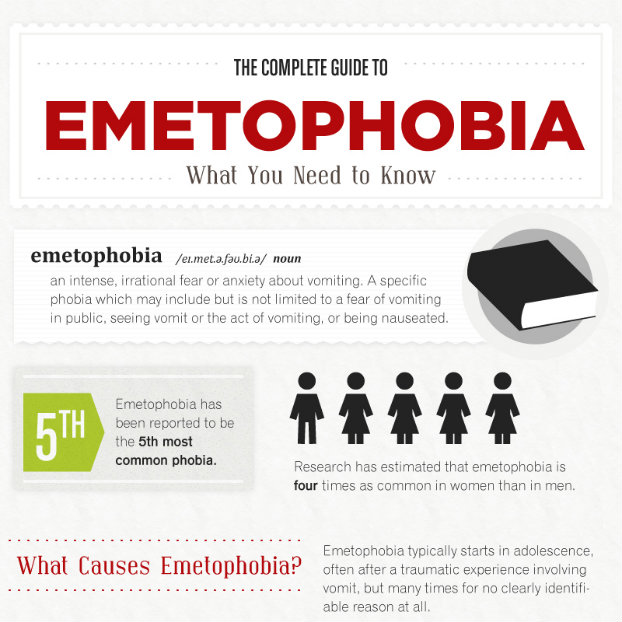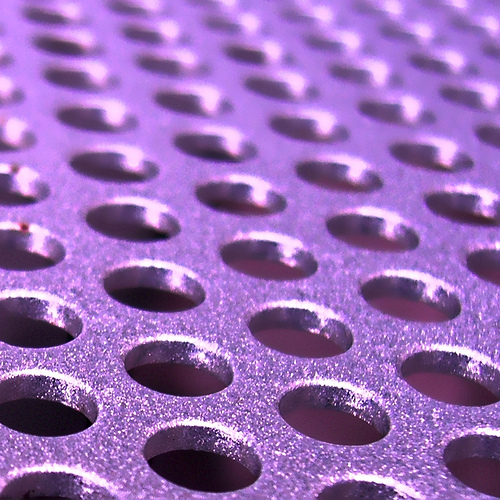
Most of us feel the effects of the pressures of daily life: too little time, too little sleep, too many responsibilities. Stress and anxiety have been around forever, but the past decade has seen a marked increase in finding ways to reduce their effects.
It seems that, at the core, many anxiety treatments share certain traits. The key ideas that connect these methods of relieving anxiety are often based on very old and basic concepts.
Keeping It Simple
One thing anti-anxiety guides usually focus on is breathing. Upon first reading that, you might feel skeptical: how can something as simple as breathing actually help you overcome your anxiety?
A rather recent trend that teaches people to breathe (properly) is yoga. A number of people are developing an interest in this ancient practice, which used to be associated with religion.
An article in Psychology Today (“How Does Meditation Reduce Anxiety at a Neural Level?”) describes how meditation — which is a key facet of yoga — can help people who struggle with anxiety and stress. While many people recognize the spiritual benefits of meditating or praying, few understand how engaging in either activity can affect the brain.
It turns out that meditating can activate several parts of the brain that affect your ability to regulate your anxiety level. By practicing meditation techniques and therefore exercising key areas of the brain (on a regular basis), people can see a reduction in anxiety.
Another important aspect of meditating or practicing yoga is to find a place where you feel comfortable, safe and relaxed. For some people, this could be a quiet room in their home. For others, a spot on a beach or by a lake might be the most relaxing and pleasant environment.
Some people may find that exercise is what helps them to burn off negative energy and stress. When you exercise, you tend to feel better about yourself, and if you push yourself while working out, this triggers the release of endorphins (which create a sense of well-being).
Sitting back and listening to some of your favorite music can also provide comfort and help relieve your tension.
Making Time for You
In order to meditate, exercise or pursue any of your individual interests, you need adequate amounts of time. You should always have time set aside to relax and pursue your passions. Finding time to relax and take care of yourself isn’t always easy, but it is important. If you find yourself extremely busy, you may want to schedule relaxation time into your day just like you would any work-related event or activity. This ensures that, no matter how busy you are, you will have a few moments of respite.
Make it clear to others that you are not to be disturbed during your ‘off’ time, and try to minimize distractions by turning off your cell phone or tablet.
Photo Credit: ShotHotspot.com via Compfight cc





